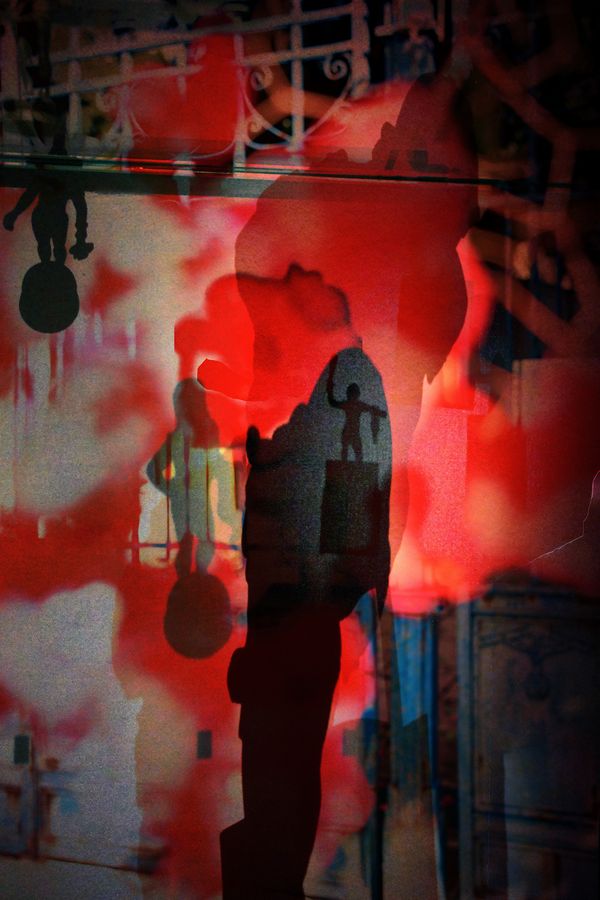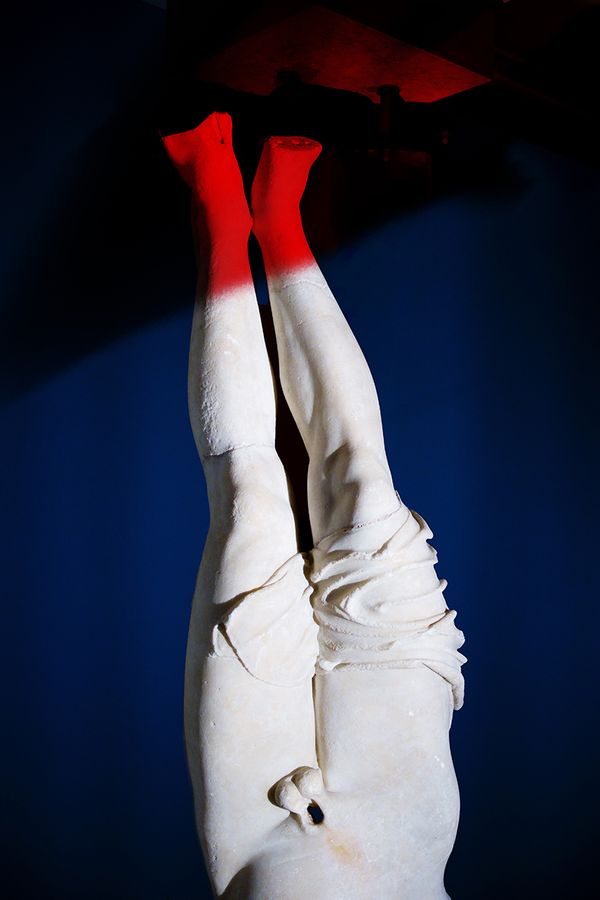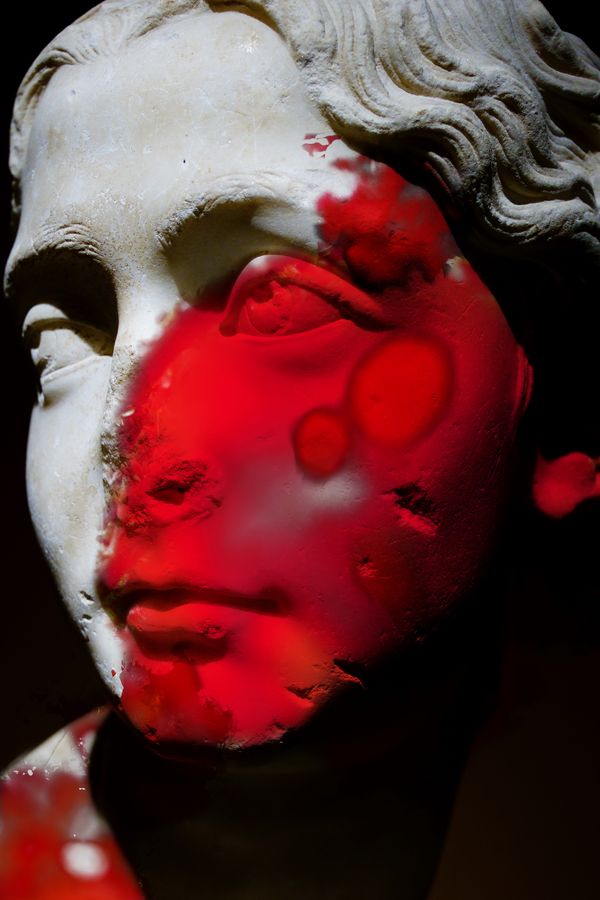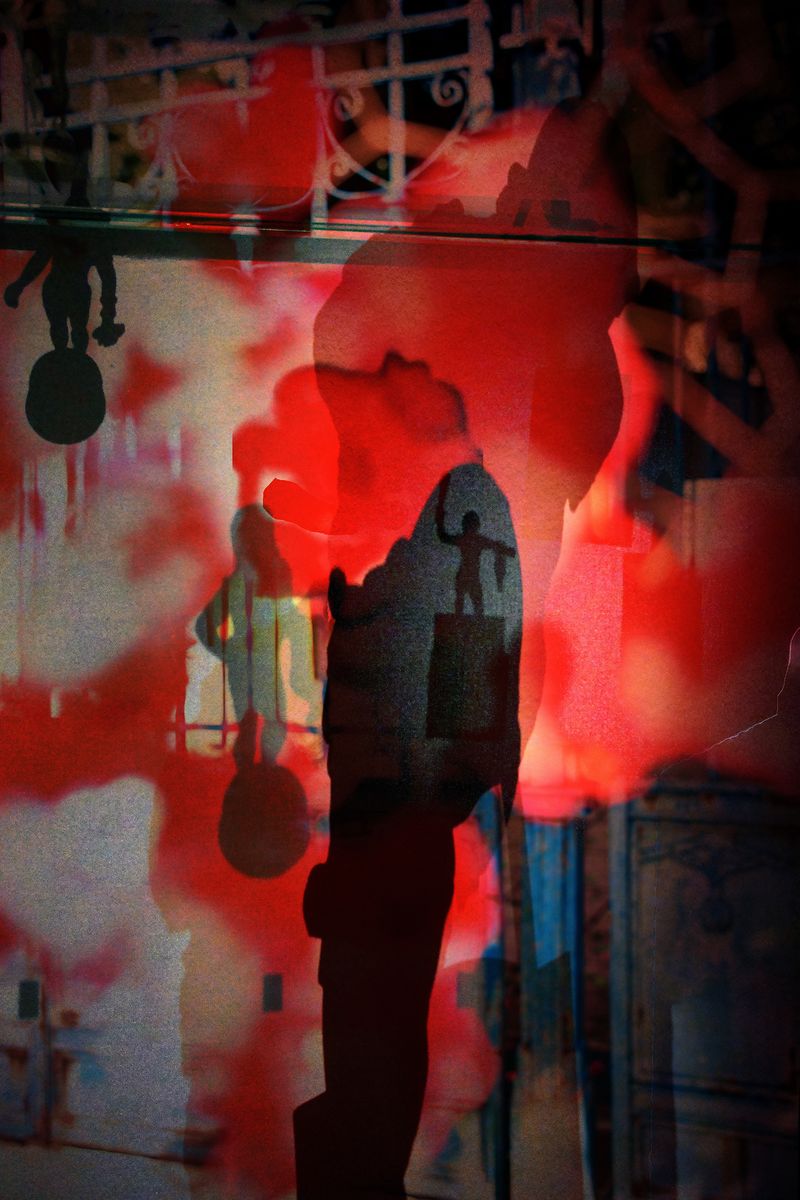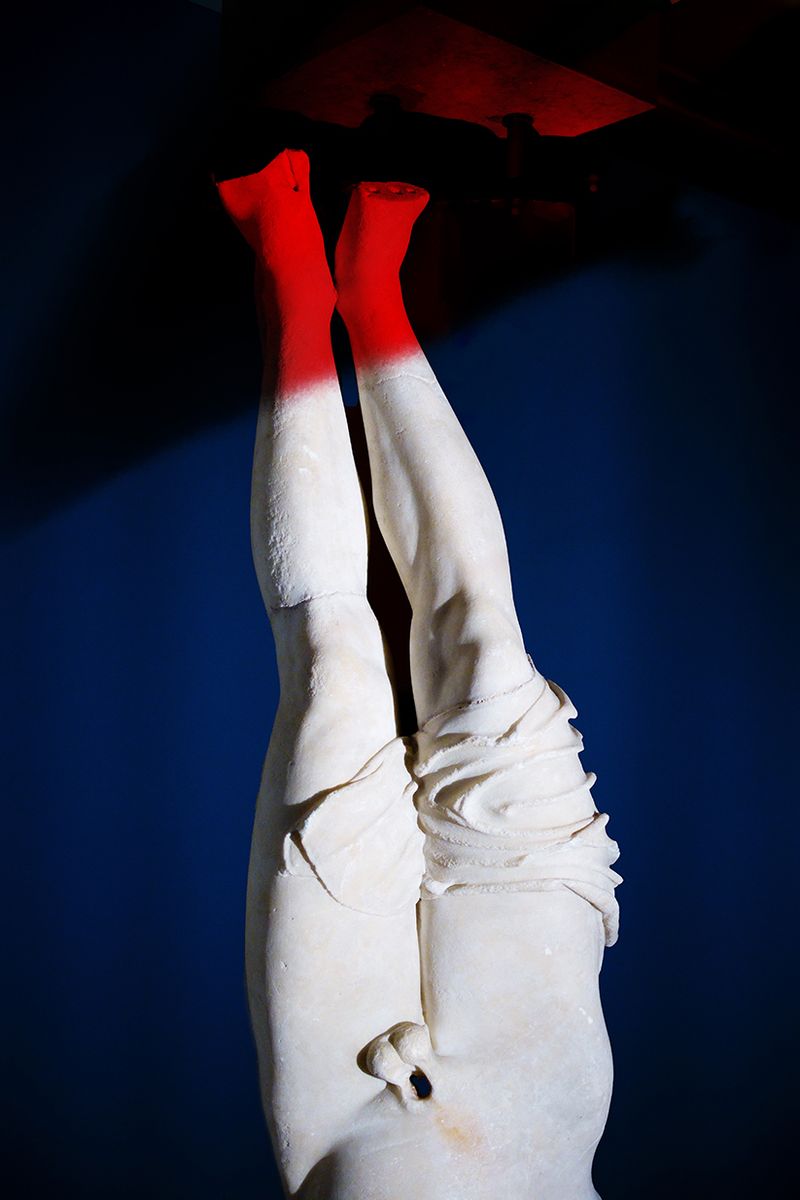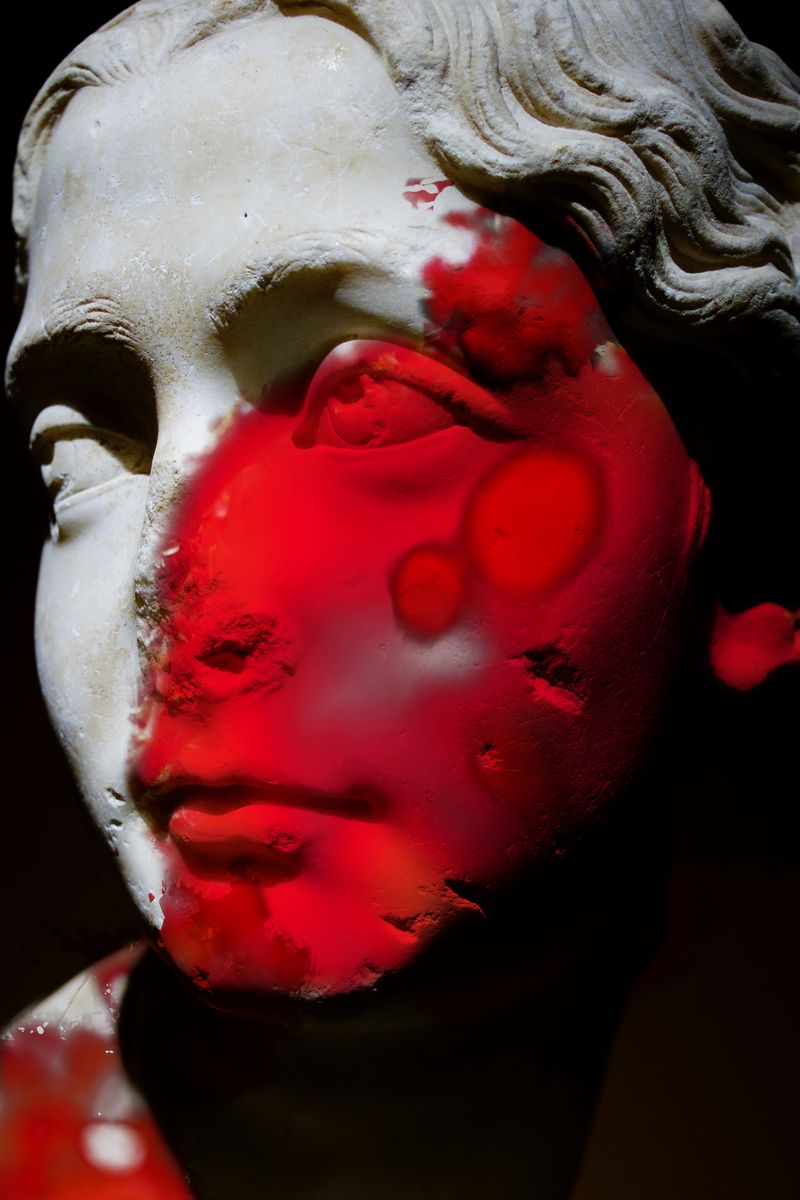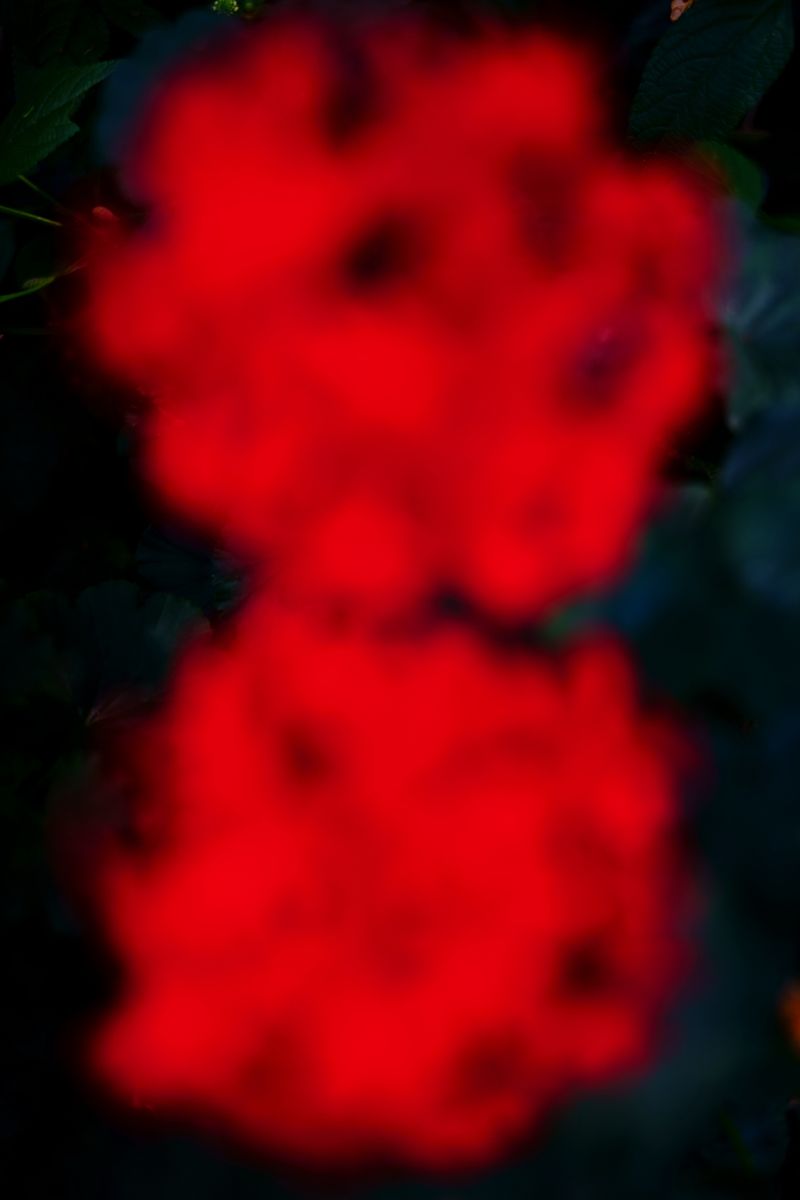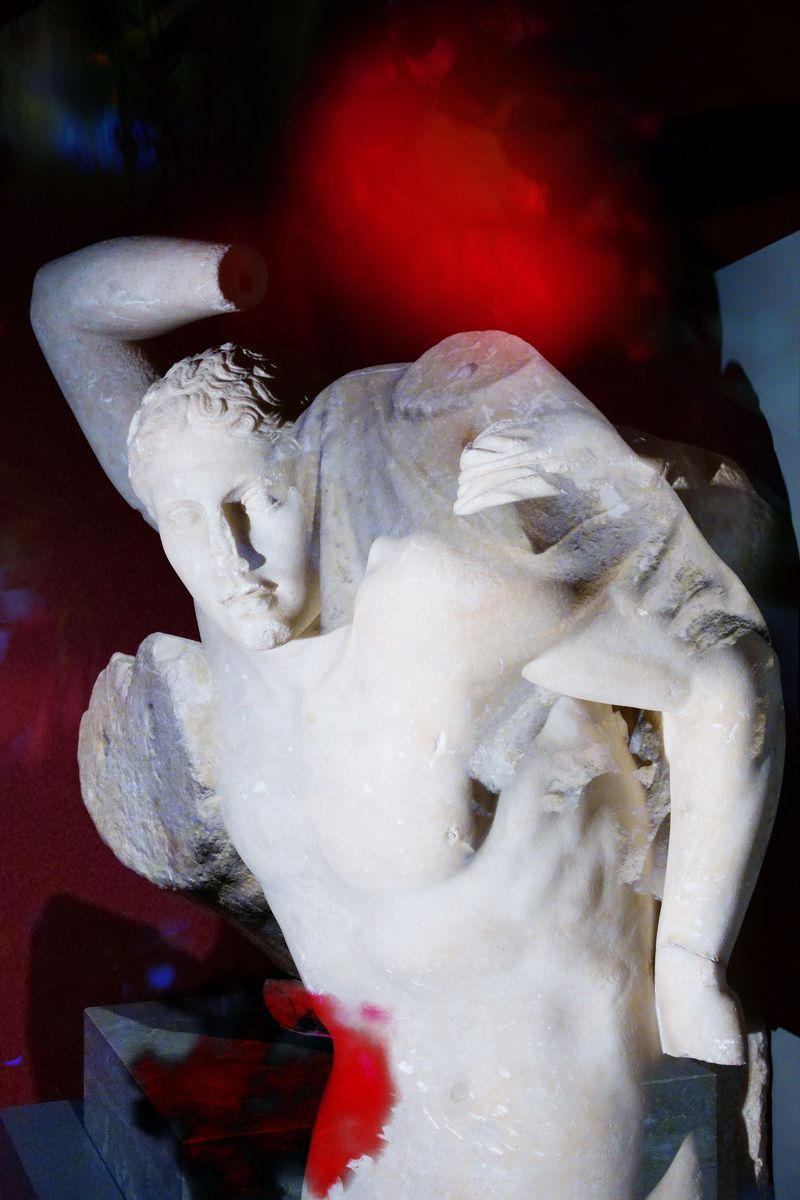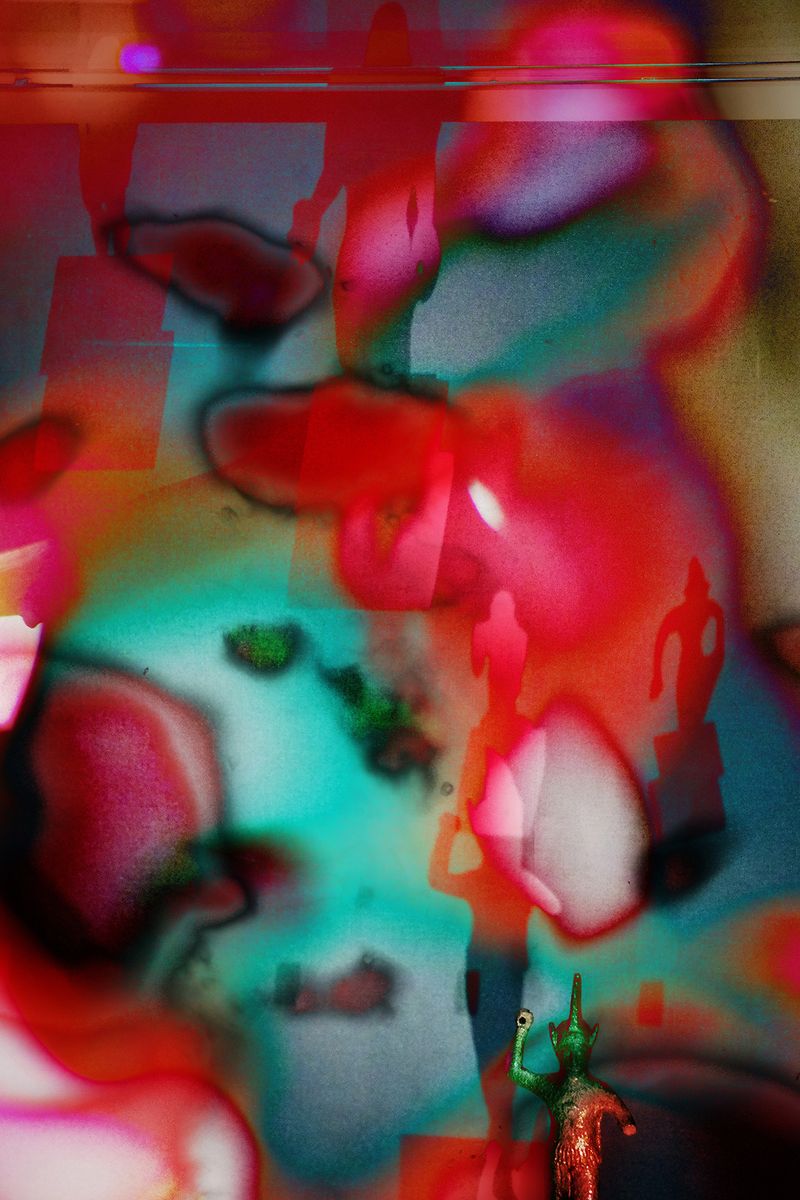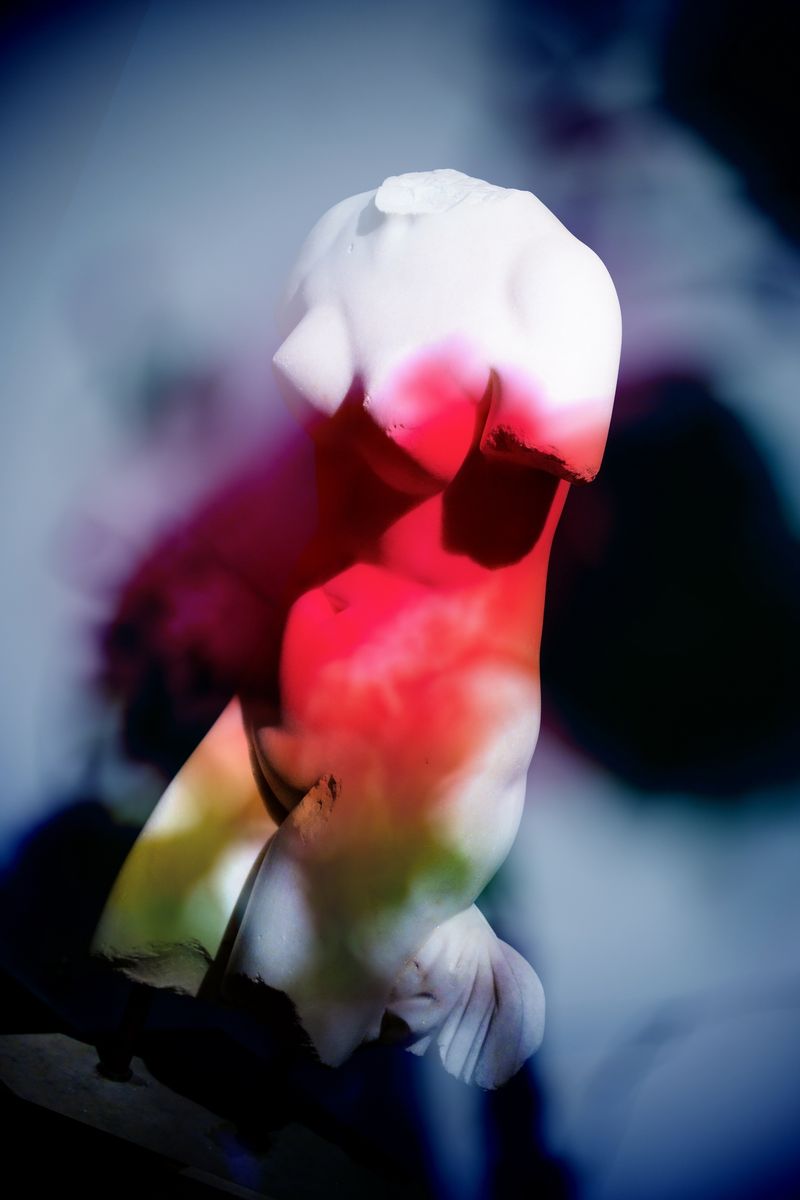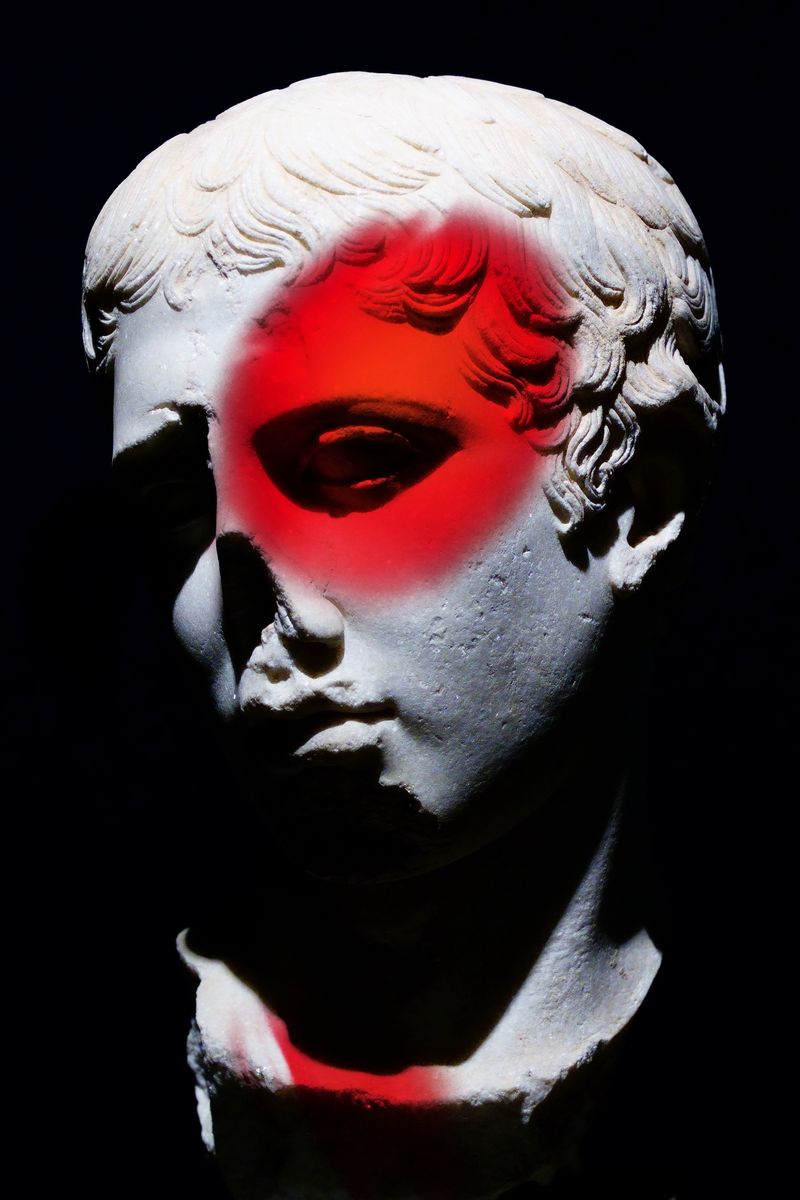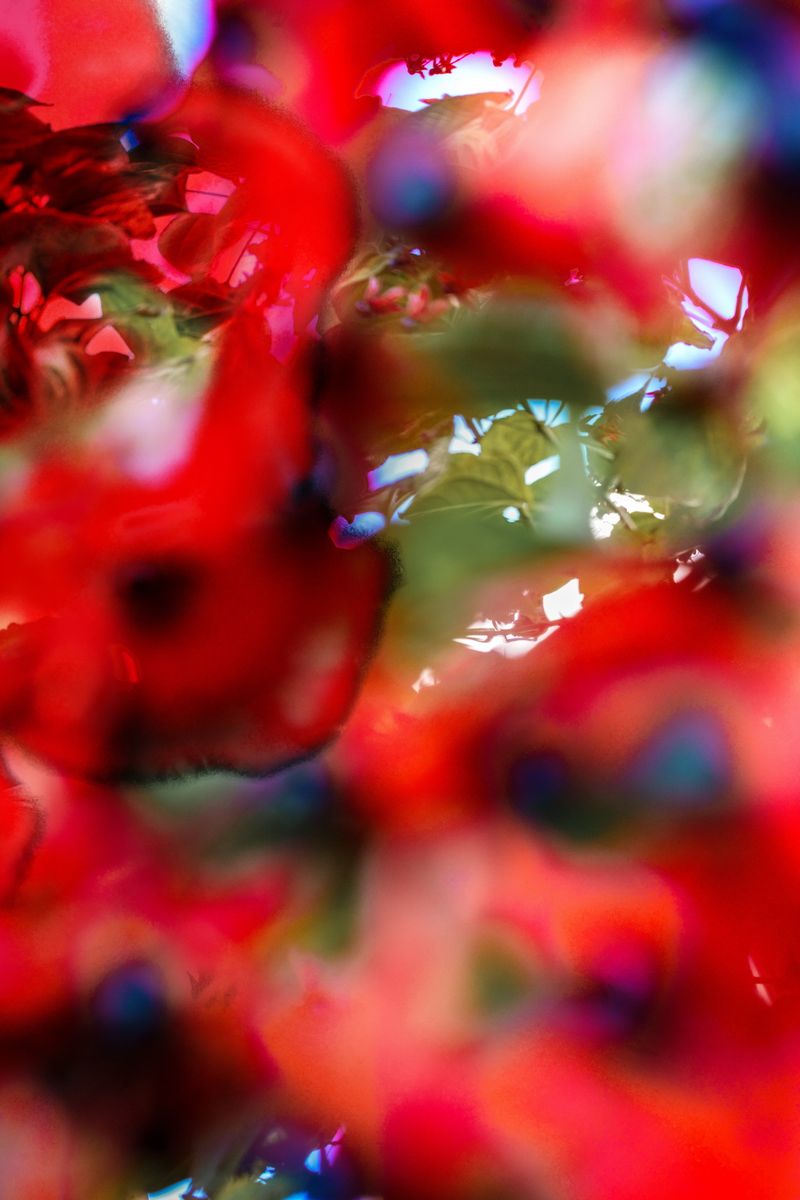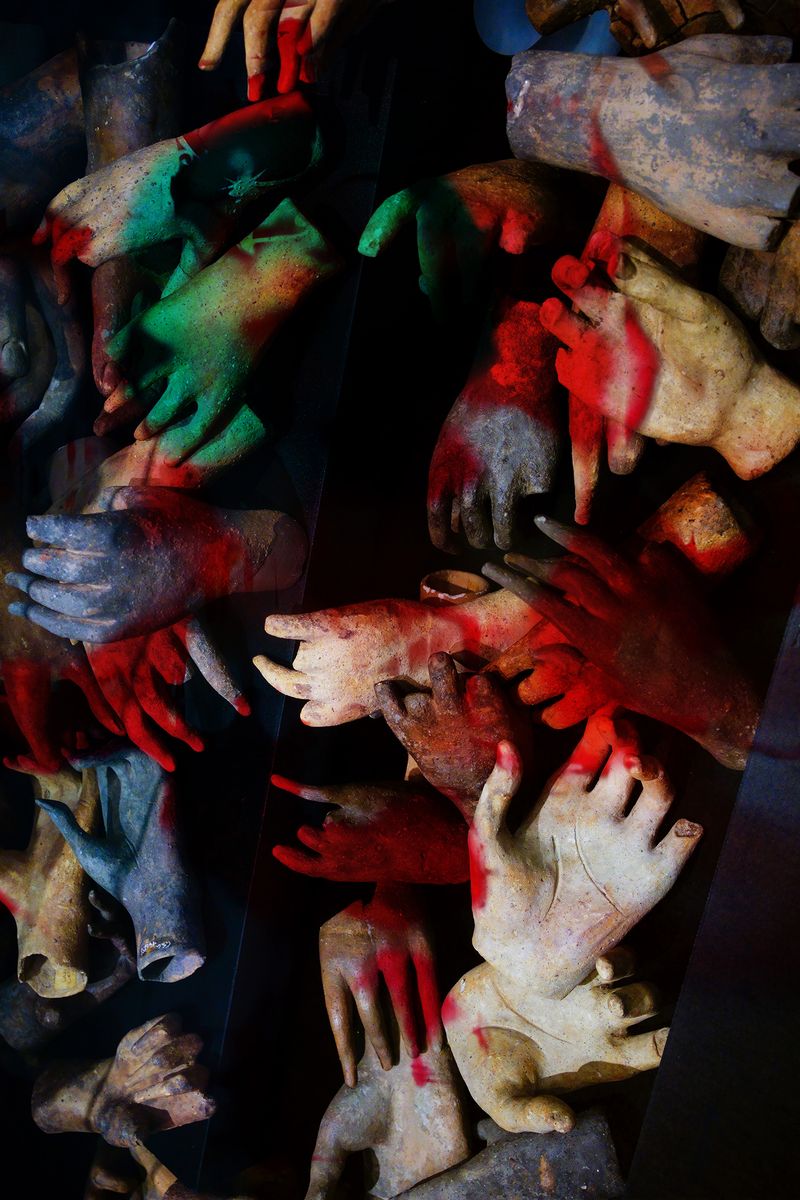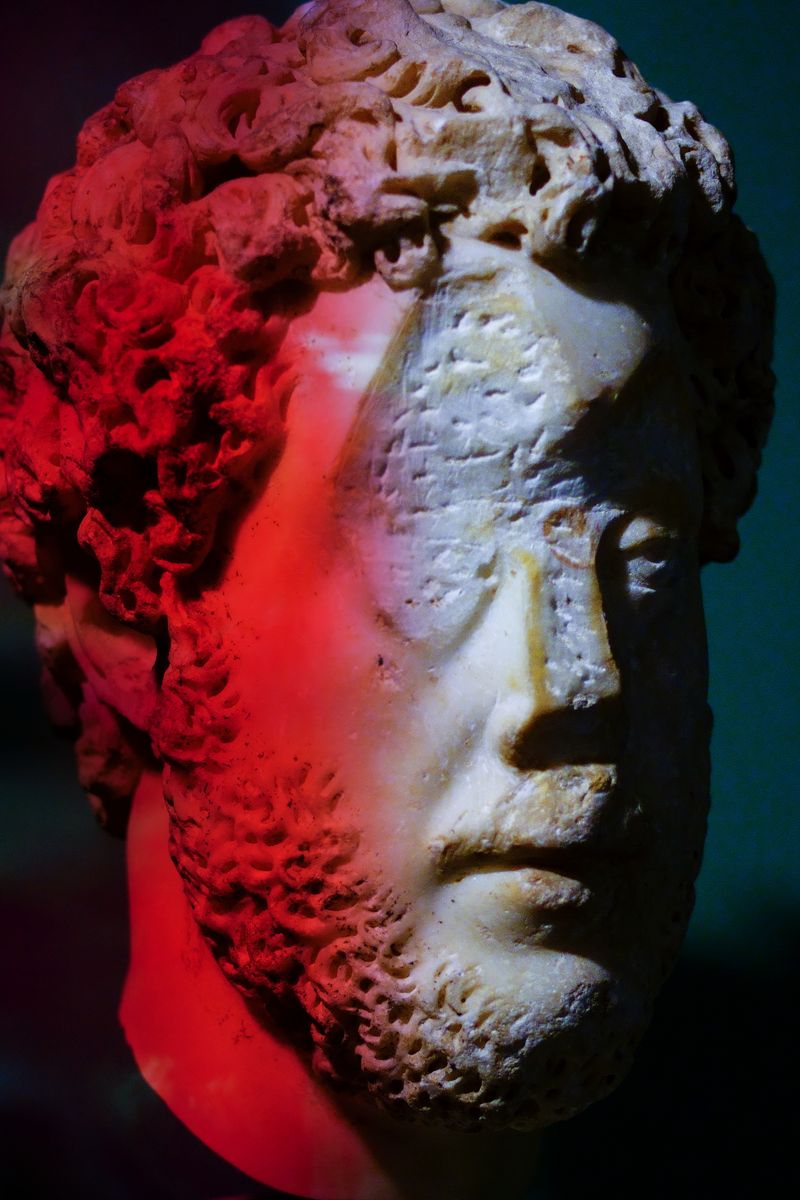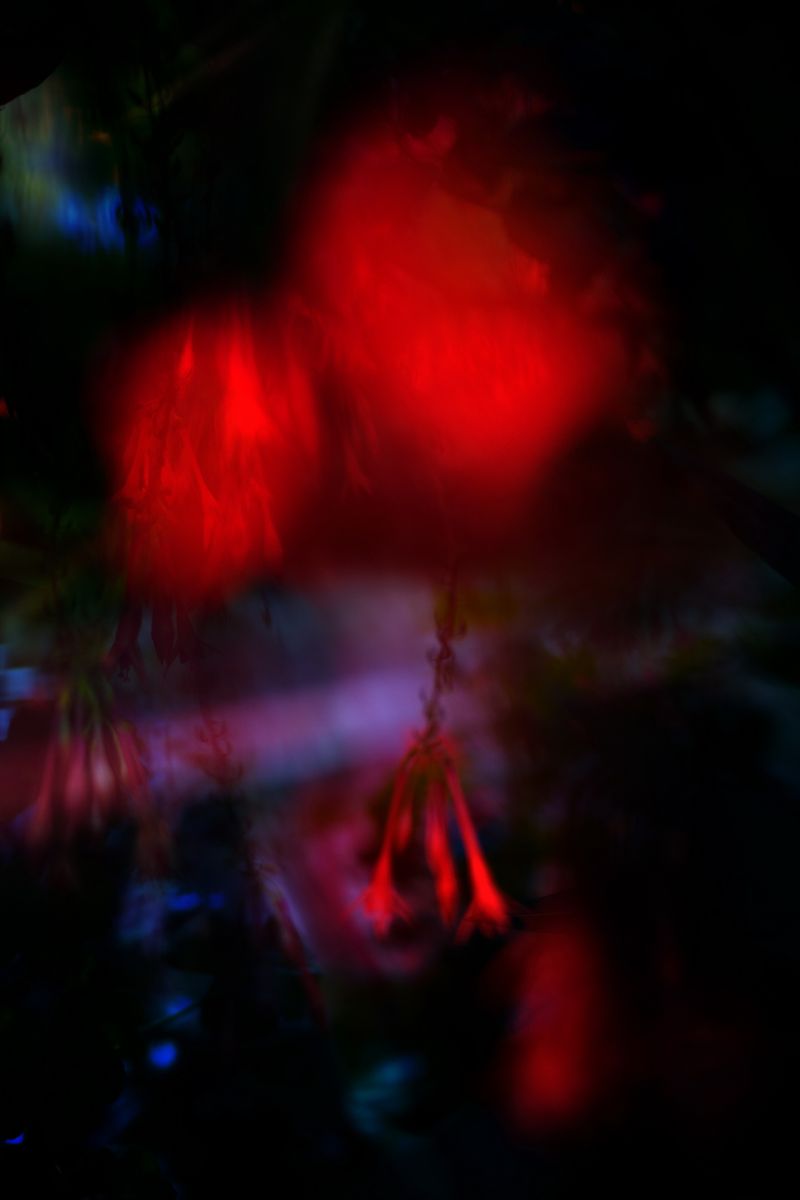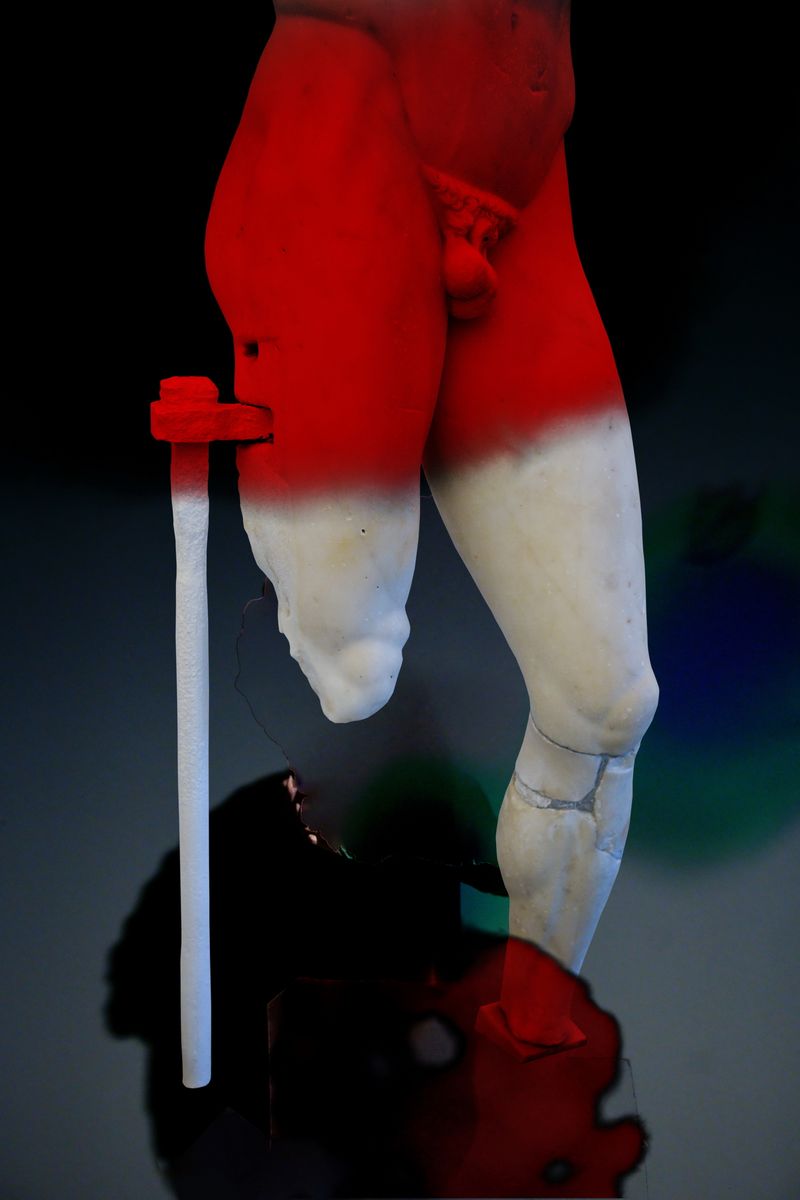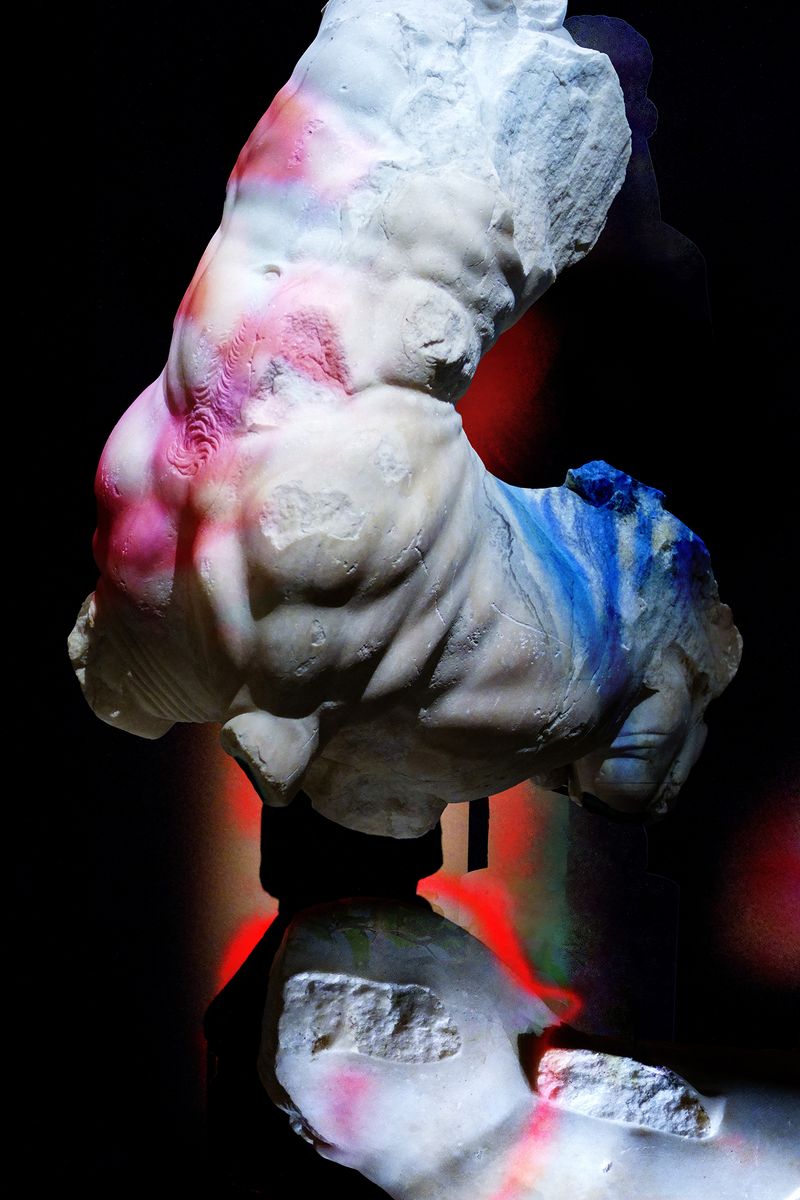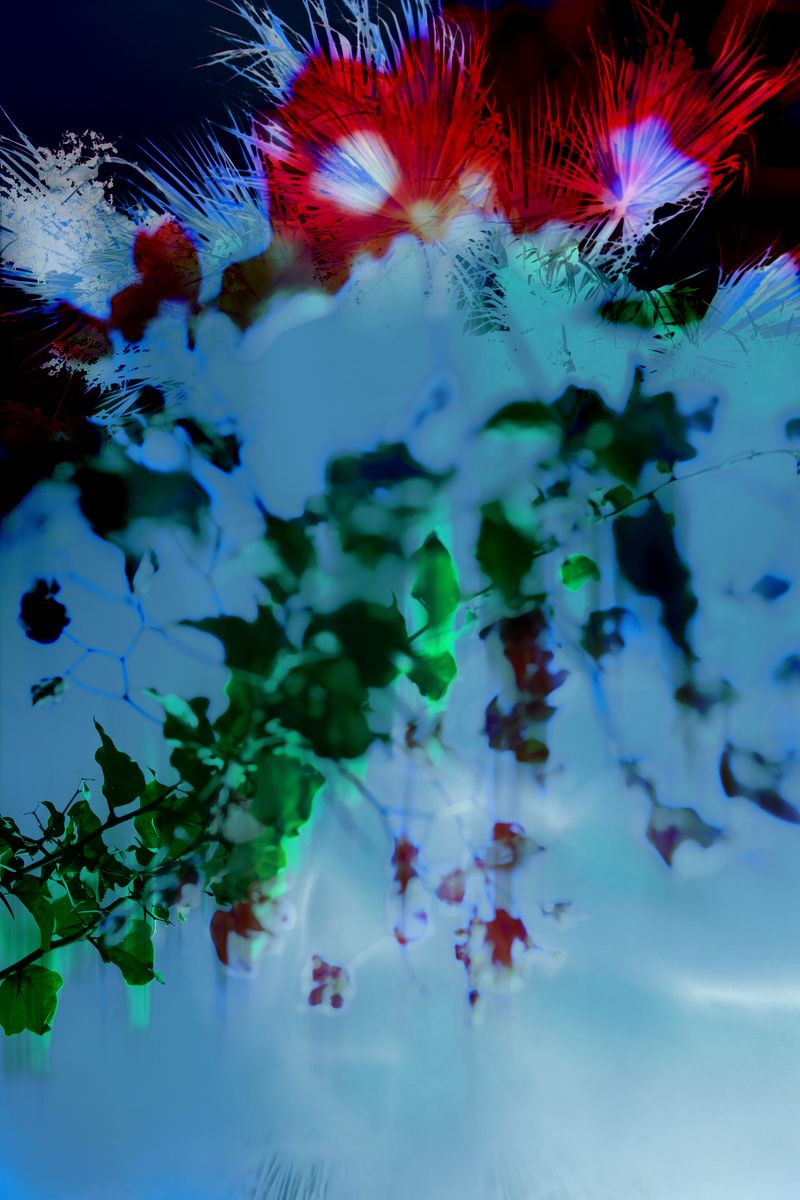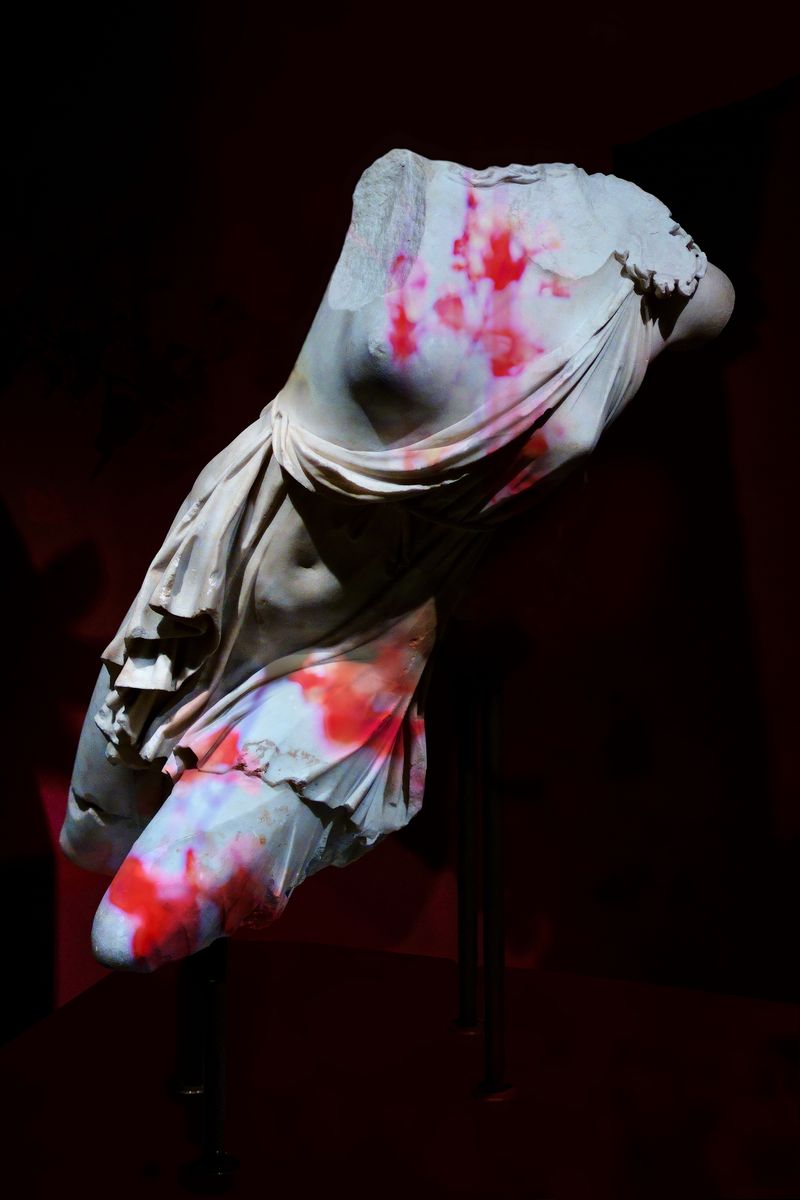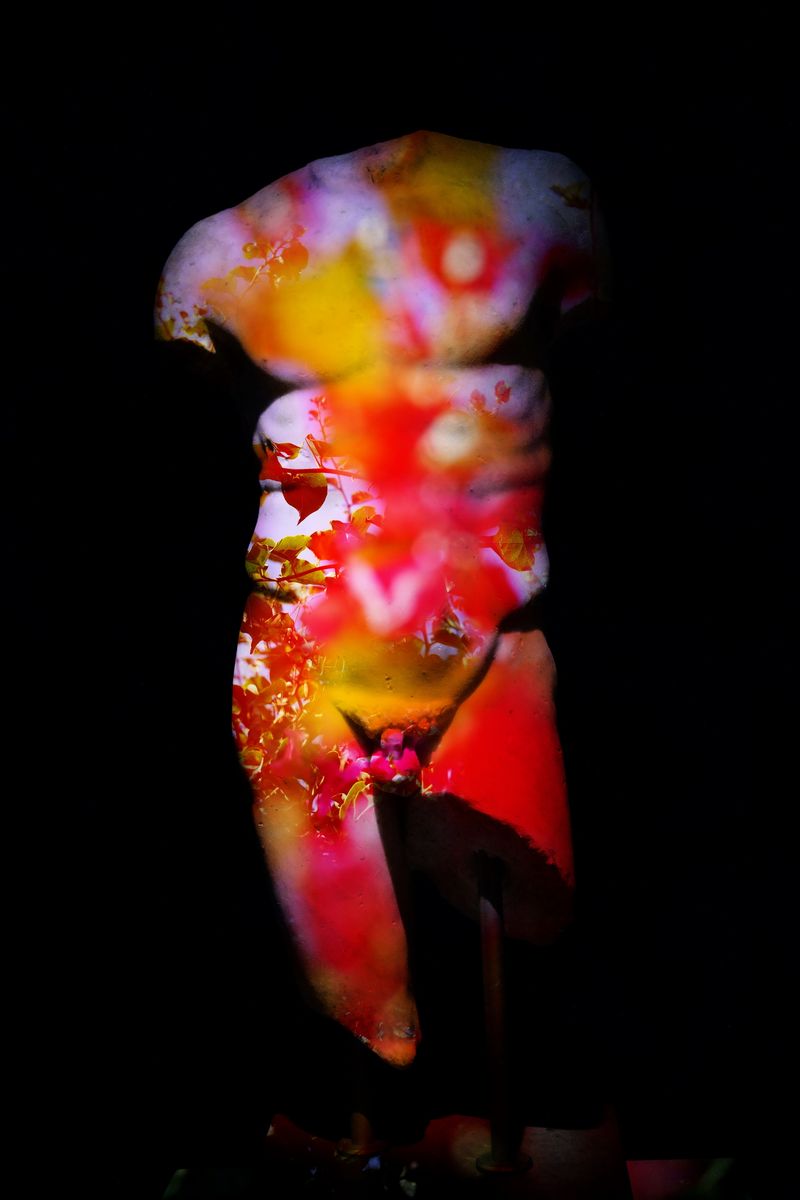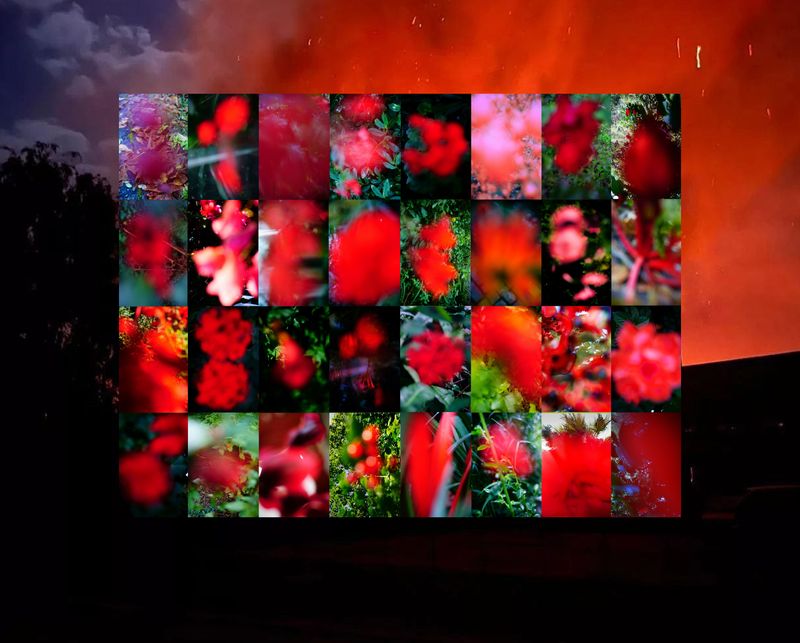Altered Vision
-
Dates2023 - 2024
-
Author
- Locations Ukraine, Lviv
This project is about the experience that I can share with Ukrainians, as well as with other people who have lived through the war. It is a reflection on how our vision of the world has changed.
Altered Vision
This project is about the experience that I can share with Ukrainians, as well as with other people who have lived through the war. It is a reflection on how our vision of the world has changed.
When I try to find beauty around me, even in flowers, I see reminders of blurred bodies from the daily news feed. It could have been the project's title if it weren't for such a lengthy expression. So, I settled for the title Impossibility of Returning to Beauty or Altered Vision.
This project was created in 2023, a year and a half after Russia's full-scale invasion of Ukraine. In these two years, I went through stages from documenting daily life to abandoning my own artistic practice in favor of socially significant work, back to searching for answers to questions like what topics are important to address now and what should be the nature of my art today, realizing that it cannot be isolated from life.
There are no people in Ukraine who have not been affected by the war - whose loved ones, relatives or friends have not gone to war. Many have died or returned with amputations, having lost limbs. Many remain on the front lines, and many others are held in captivity. The tension and anticipation of what will happen next only continue to grow. Countless people have died or suffered not even on the front lines but from rocket bombardments in peaceful cities. Thousands have lost their homes and have nowhere to return because these territories are now occupied by an enemy country.
We all try to hold on in the circumstances that have unfolded, recalling what was "normal" before the war, returning to this routine as a kind of ritual. But returning back is no longer possible; the walls of "ordinary life" have already crumbled.
I tried to find admiration for beauty in myself, to cling to it to keep my feet on the ground - because here it is, next to me, I know it is, for example, a classical marble sculpture or lush flowers in the gardens. фIt was an unsuccessful attempt; what was once beautiful now carries completely different information, aesthetic contemplation inseparable from political refrains. And, in general, do I have the right to think about beauty now? Does the world have the right to it now? After all, the wheel of history repeats itself, and horrific crimes against humanity are recurring.
The tragic events of World War II and the Holocaust posed perhaps the most fundamental challenge to artists: how to work after Auschwitz? German philosopher and sociologist Theodor Adorno argued, "To write poetry after Auschwitz is barbaric, and this corrodes even the knowledge of why it has become impossible today to write poetry."
My project is not an answer, but an open question. How will we continue to perceive beauty, and will we do so at all?
